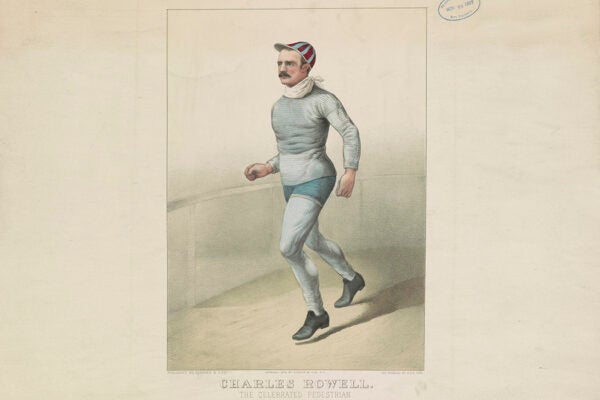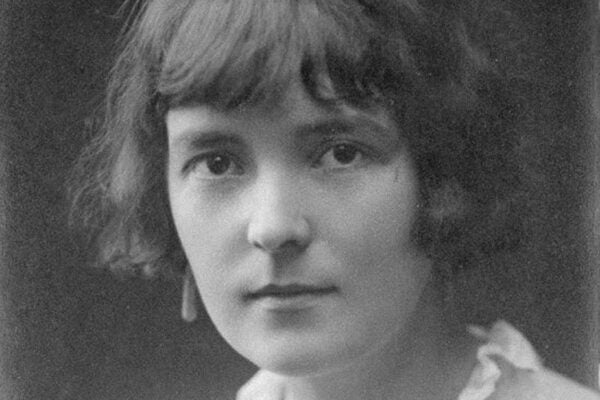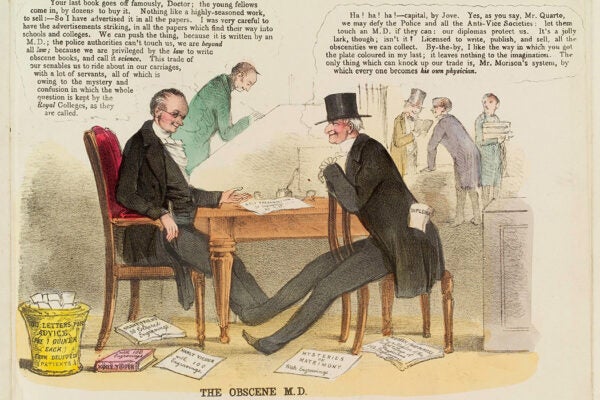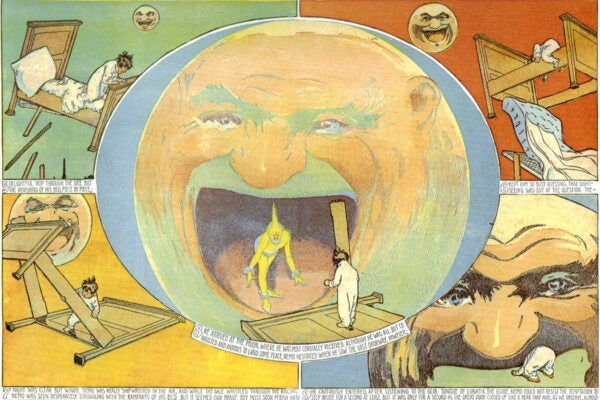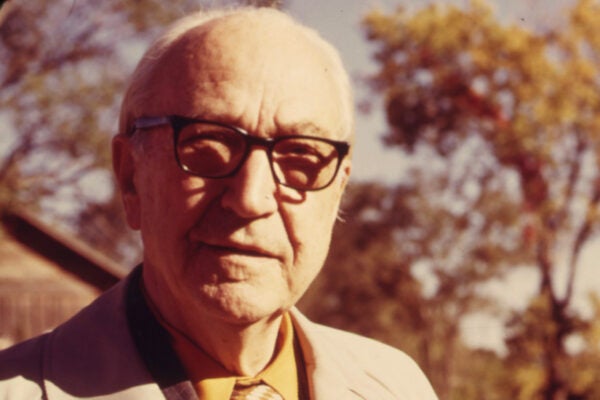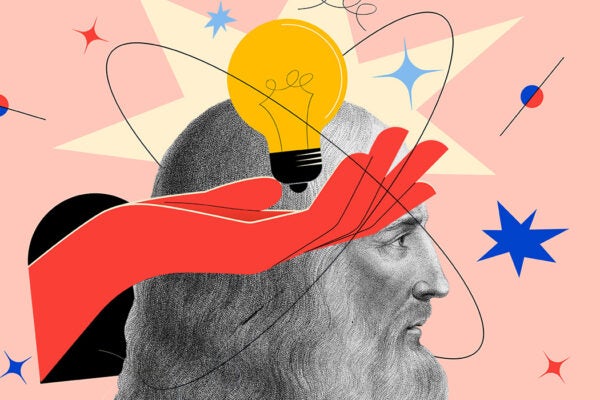Is “Swatting” Rooted in a Prank Craze from the 1800s?
Why did Georgian-era England go mad for dangerous hoaxes, and what can that mania tell us about today’s volatile, content-hungry world?
The Popularity and Politics of Pedestrianism
The sport of competitive walking touched on social concerns such as debt and poverty, fitness and fame, but it also found support in the temperance movement.
Katherine Mansfield and Anton Chekhov
Living in exile in Germany, the young New Zealand writer Katherine Mansfield found solace in studying—and copying—Chekhov’s short stories.
I Hear America Singing
Japanese American poet Garrett Hongo is a guiding spirit to a glorious cacophony, an exuberant collective thrum made of different tongues and peoples.
A Garden of Verses
As commonplace books evolved into anthologies, they developed reputations as canonical works, their editors curating tomes as vibrant as the loveliest bouquets.
Putting an End to Obscene Quackery
When medical professionals joined anti-vice campaigners to censor publications about sex in the 1800s, they found themselves wielding a double-edged sword.
The Cutting-Edge Cartoons of Winsor McCay
A prolific, meticulous artist, McCay created characters and storyscapes that inspired generations of cartoonists and animators.
Should Punishment Fit the Crime?
Dr. Karl Menninger on the crime of punishment.
The Destructive Myth of the Universal Genius
Excusing bad behavior from actors viewed as exceptional has led to supremely destructive moments in history. How'd we get from da Vinci to Hitler?
American Daredevils
The nineteenth-century commitment to thrilling an audience embodied an emerging synergy of public performance, collective experience, and individual agency.

